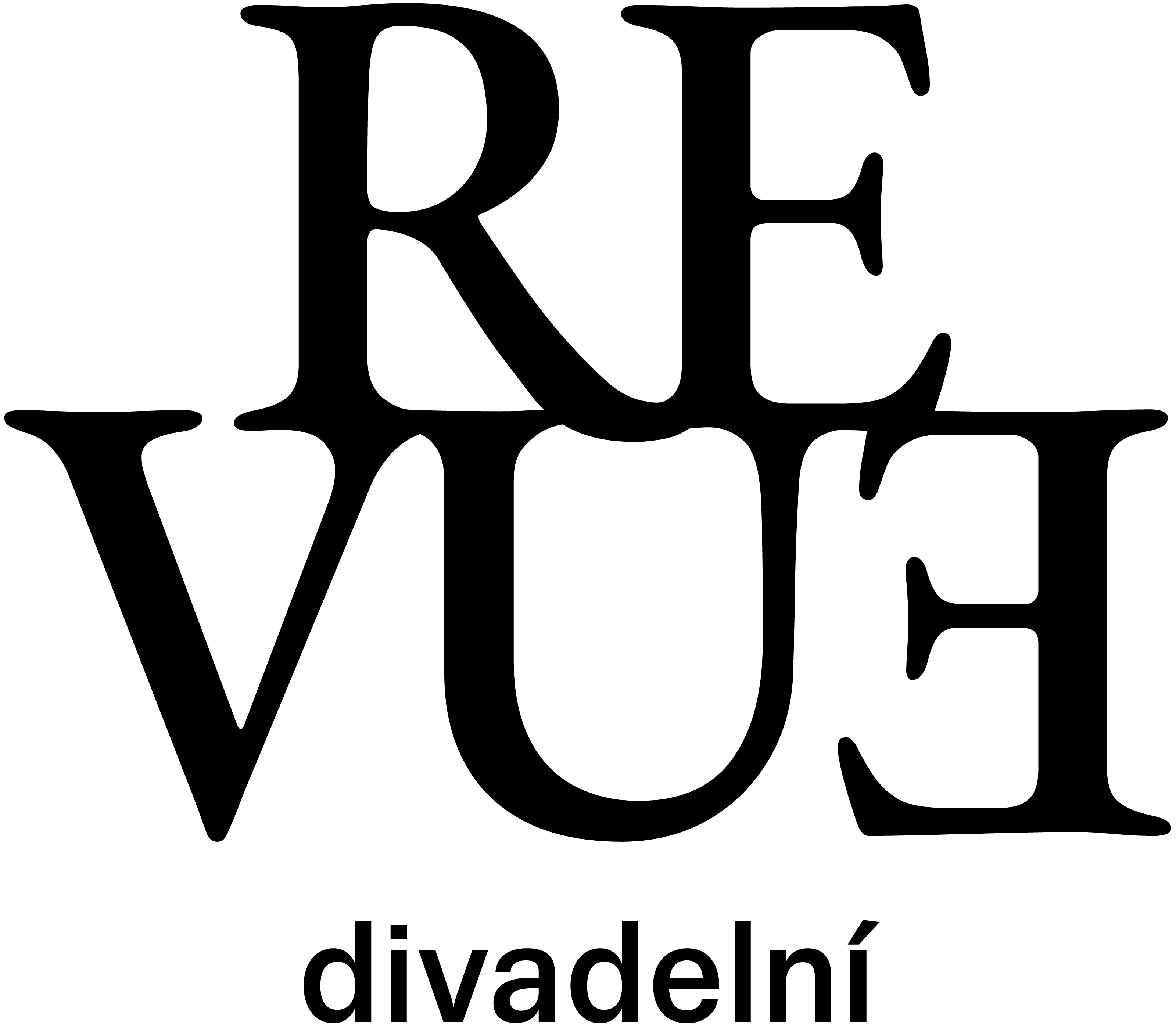
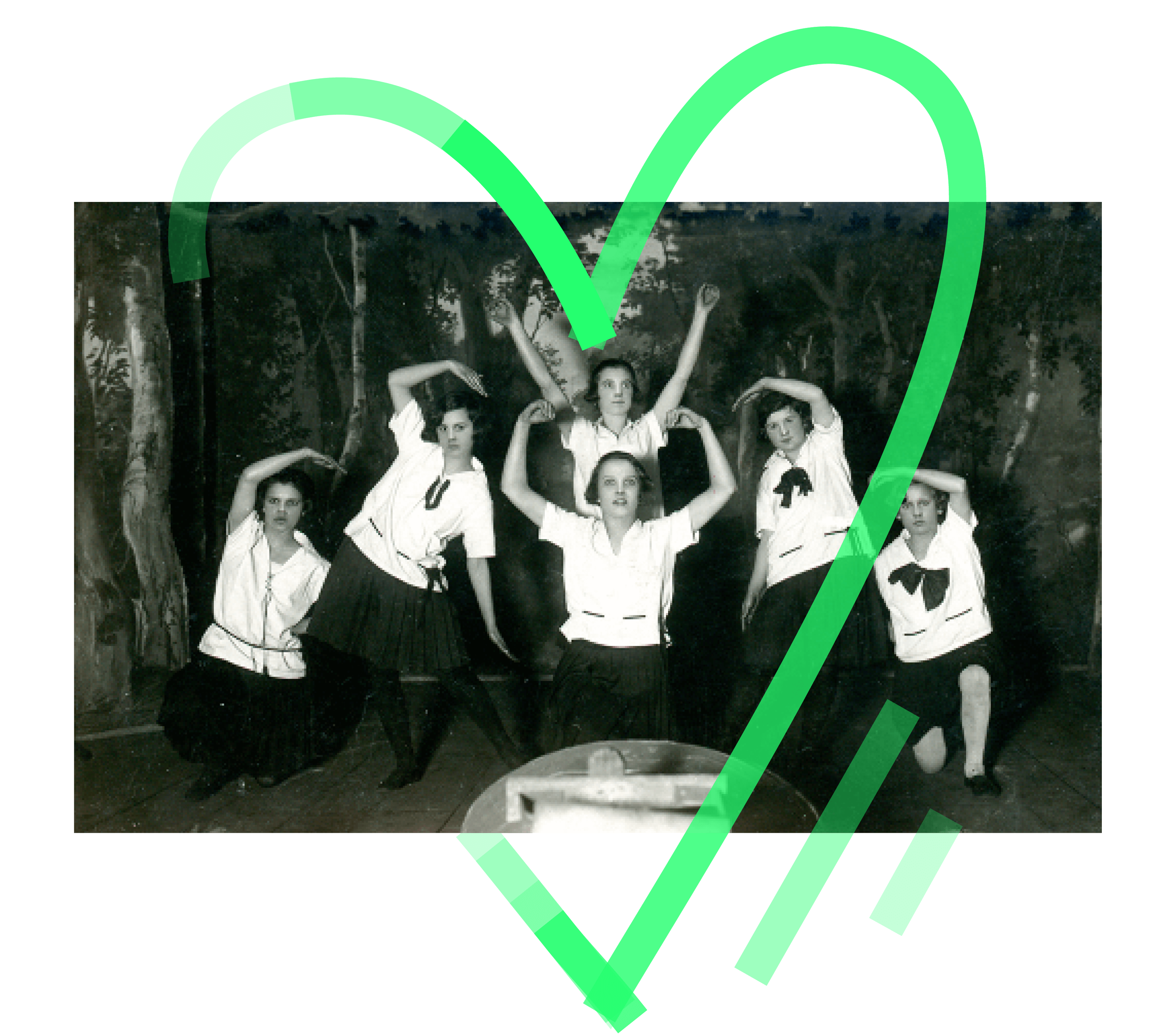
Divadelní revue is a peer-reviewed theatre studies journal open to interdisciplinary approaches and perspectives from related humanities. Prepared by the Czech Theatre Studies Department as the editor and expert guarantor, the journal is published twice a year by the Czech Cultural Institute. The journal was founded in 1989, included in the international database SCOPUS in 2012 and has the status of an Open Access Journal since 2024.
Divadelní revue publishes methodologically sound contributions reflecting diverse approaches to the interpretation of theatre and performativity, including its intersections with anthropology, sociology, philosophy, aesthetics, linguistics and other arts studies. Expert studies by Czech and international researchers are accompanied with documentary and archival articles, essays, interviews, reviews and reports on current events in the field.
Sections
Studies
This section accepts original scholarly texts based on the study of relevant sources, using a consistent methodology and reflecting the current and past research in the field. Manuscripts should be 20 to 25 standard pages long (36,000 to 45,000 characters including spaces), contain a list of works cited, meet formal and bibliographic requirements, and be submitted by the deadline. An abstract (in Czech; 600 to 700 characters), keywords (in Czech), author’s affiliation and a short profile (approx. 300 characters, areas of research interest, current workplace, and possibly also professional history) are mandatory items. English translation of the abstracts and keywords will be arranged by the editorial staff.
Materialia
The section accepts brief texts, typically revised conference papers or contextualised and annotated primary source collections. Manuscripts should be 15 to 20 standard pages long (27,000 to 36,000 characters including spaces), contain a list of works cited, meet formal and bibliographic requirements, and be submitted by the deadline. An abstract (in Czech; 600 to 700 characters), keywords (in Czech), author’s affiliation and a brief profile (approx. 300 characters, areas of research interest, current workplace and professional history, where relevant) are mandatory items. English translation of the abstracts and keywords will be arranged by the editorial staff.
Focus
A section dedicated to specific questions and phenomena in artistic and research practice, for which we accept texts of 6 to 10 standard pages (11,000 to 18,000 characters including spaces) in the form of a critical essay. The possible contents include a critical analysis, survey or discussion on a particular topic.
Desiderata
This section accepts reportage texts on plans and expectations and their confrontation with reality and accounts of experiences from fellowships, study stays or trips to an international conference, or of a theatrical or artistic event. The texts may show fictional aspects.
Interview
In this section we publish interviews with leading theatre theoreticians and theatre makers, as well as portraits of scholars and personalities from the area covered by the respective issue of the Journal.
New publications
This section accepts texts no older than three years from their original publication. A review (from the Latin re-censeó, i.e. to reassess, to evaluate) should not only present the work, but also assess its qualities on the basis of factual and well-founded arguments. Length of up to 7 standard pages (13,000 characters including spaces); complete bibliographic information about the publication under review is required. The section also contains an editorial overview of new book titles.
News
News should not exceed 3 standard pages (5,400 characters including spaces); the subject should be consulted with the editors beforehand. We accept news about events that are related to the issue topic or are worthy of attention for some other reason (e.g. premieres, festivals, exhibitions, conferences, international scholarships etc.).
License Terms and Conditions
By submitting a contribution (hereinafter referred to as the “Work”) to Divadelní revue (hereinafter the “Journal”) for evaluation and publication, the author grants to the Czech Cultural Institute (hereinafter the “NIK”) a license to the Work under the terms and conditions set forth below.
1. Author’s Representations
1.1 The Author represents that the Work is not subject to any third-party copyright, is free of any other legal defects and has not been published or offered for publication elsewhere except for standard research pre-publication communication platforms (SSRN, ResearchGate, Academia etc.).
1.2 The Author represents that (s)he is the actual author or co-author of the Work and has unlimited and unexcluded right to grant the license and is thus authorised to freely dispose of the Work. This means that, in particular:
1.3 In the case of a co-authored Work, the Author represents that (s)he has informed the other co-authors of the present license terms and conditions; the Author further represents that (s)he is authorized to grant the NIK a license on behalf of the co-authors under the present license terms and conditions.
1.4 The Author agrees that if the Work is accepted for publication, an offer of a license deed for the Work addressed to an indefinite circle of interested parties will be submitted on his/her behalf; the content of the license deed will be determined by reference to Creative Commons BY-NC-ND 4.0 International Public License Terms (available at: https://creativecommons.org/licenses/by-nc-nd/4.0/. No such offer of a license deed will be submitted for any works or elements (e.g. pictures or photographs) used by the Author in the Work under a third-party contractual license.
1.5 If any of the Author’s representations prove to be inaccurate, the Author hereby acknowledges that (s)he is liable for any damage thus caused, including the costs litigation, if any, and harm to the reputation of the Journal or NIK.
2. License grant
2.1 The Author grants to NIK a non-exclusive license to use the Work in all known manners (in particular by reproduction, distribution and communication of the Work to the public), separately, in a collection or combined with another works or elements, regardless of the form or method of materialisation (including electronic form).
2.2 The license is granted as unlimited in terms of territory and quantity.
2.3 The license is granted free of charge.
2.4 The license is granted for the duration of the proprietary rights to the Work.
2.5 NIK may grant the authorisations following from the license to a third party(ies), to the full extent or in part, under a sub-license agreement, for a consideration or free of charge.
2.6 By granting the license, the Author agrees that the Work may be include in research and bibliographic databases (EBSCO, CEEOL etc.) and information service systems where the Journal is currently registered or will be registered in the future.
2.7 NIK is not obliged to use the license.
3. Further Use of the Work
3.1 Given the non-exclusive nature of the license to the Work, the Author may further use the Work himself/herself. However, for the purposes of such further use, the Author agrees to acknowledge the Journal as the Work’s publication source.
3.2 If the Work is made available on standard research pre-publication communication platforms as defined in Art. 1.1, the Author agrees to acknowledge the Journal as the Work’s publication source without undue delay.
3.3 Any further use of the Work may not adversely affect the reputation of NIK or the Journal.
4. Miscellaneous
4.1 Legal relationships under the license are governed by the laws of the Czech Republic; any disputes arising in connection with the license are subjected to the jurisdiction of Czech courts.
4.2 If the Work is not accepted for publication in the Journal, the license granted will be limited, with effect from the rejection, to the necessary use of the Work for editorial purposes (such as peer review and archiving).
Open Access
The journal has embraced the Open Access policy and publishes papers under Creative Commons CC BY-NC-ND 4.0 International Public License Terms (full text available at: http://creativecommons.org/licenses/by-nc-nd/4.0/legalcode; hereinafter “CC BY-NC-ND 4.0 International License Terms”).
1. Information on CC BY-NC-ND 4.0 International License Terms
CC BY-NC-ND 4.0 International License Terms are public license terms and conditions for use of a work. These Terms must be respected, and any non-compliance constitutes a copyright infringement. CC BY-NC-ND 4.0 International License Terms grant rights and impose obligations on the users.
CC BY-NC-ND 4.0 International Terms authorise users to “share” the work, i.e. reproduce, distribute and make the work available to the public online. The work can also be included in a collective work (e.g. a journal or an anthology).
CC BY-NC-ND 4.0 International License Terms require the users to attribute the origin of the work (i.e. title, author, source, and license reference) and refrain from any commercial exploitation or processing of the work or any part thereof. Accordingly, the work or any part thereof may not be modified (altered or supplemented), processed or joined with another protected work (i.e. by means of creative modification, adaptation and creating new works on its basis). Persons other than the rights holder may not profit from works made available under the CC BY-NC-ND 4.0 International License Terms as no financial gain from sharing the protected work is permitted.
CC BY-NC-ND 4.0 International License Terms by no means limit or restrict the statutory licenses, including but not limited to the citation license. By citing a portion of a work made available under the present license terms, the persons citing the work incur no obligation to make their work containing the citation available under the same license terms.
CC BY-NC-ND 4.0 International License Terms apply solely to the licensed work. Parts of the content that are covered by a statutory or third-party license may not be used under CC BY-NC-ND 4.0 International License Terms.
CC BY-NC-ND 4.0 International License Terms by no means prejudice the copyright protection, claims under copyright or the exercise of the author’s personal and proprietary rights.
2. Practical effects
Making a work available under the CC BY-NC-ND 4.0 International Public License Terms has inter alia the following effects on copyright:
Anyone may:
The thus-authorised user is obliged to:
The work:
Editorial board
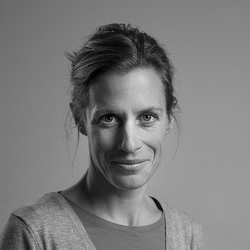
Petra Ježková
editor in chef
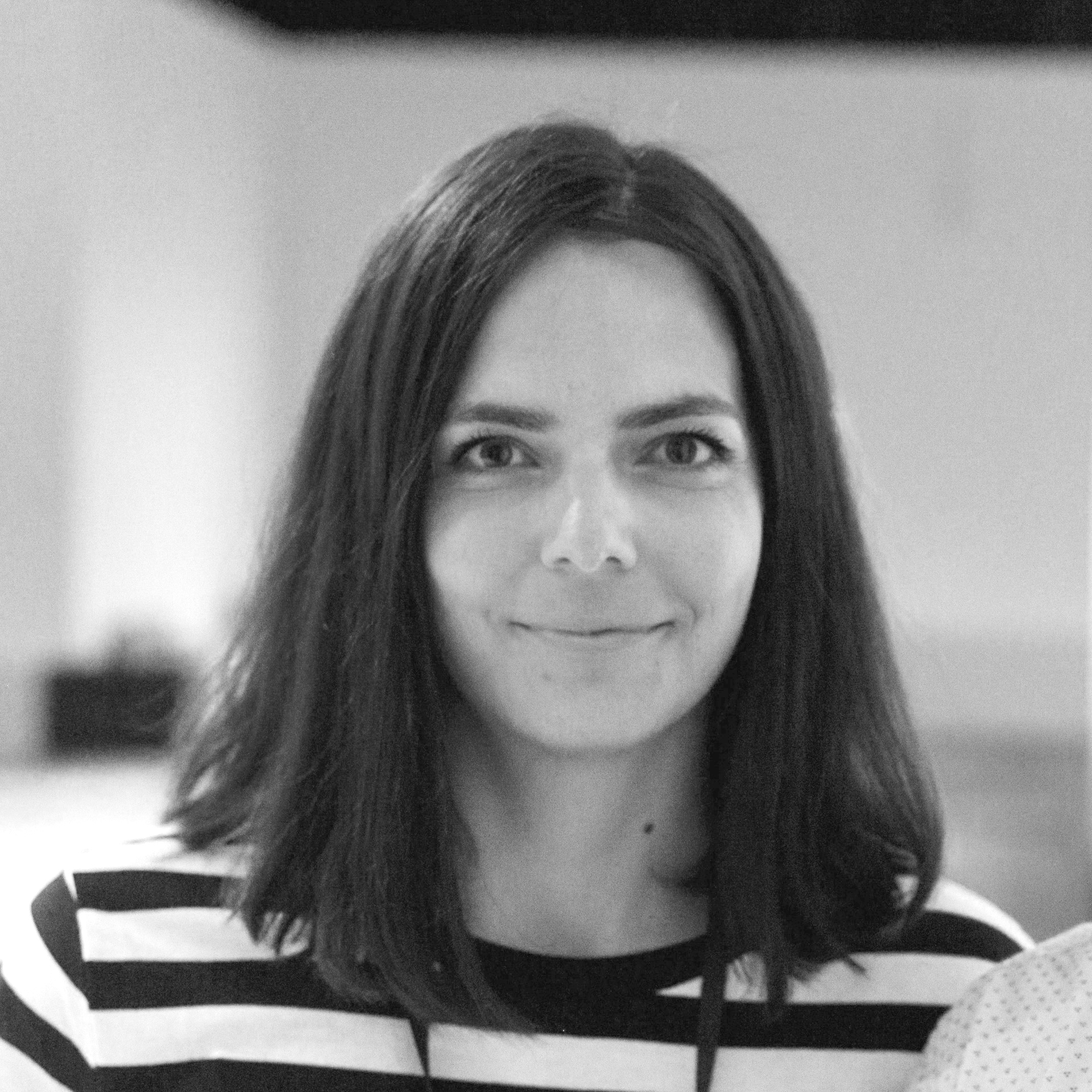
Barbora Diego
Rivera Příhodová

Pavel Drábek
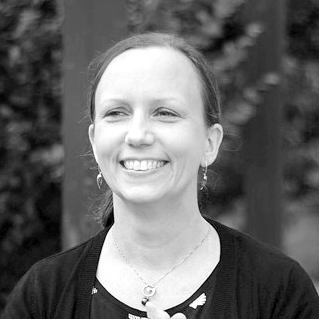
Šárka Havlíčková Kysová
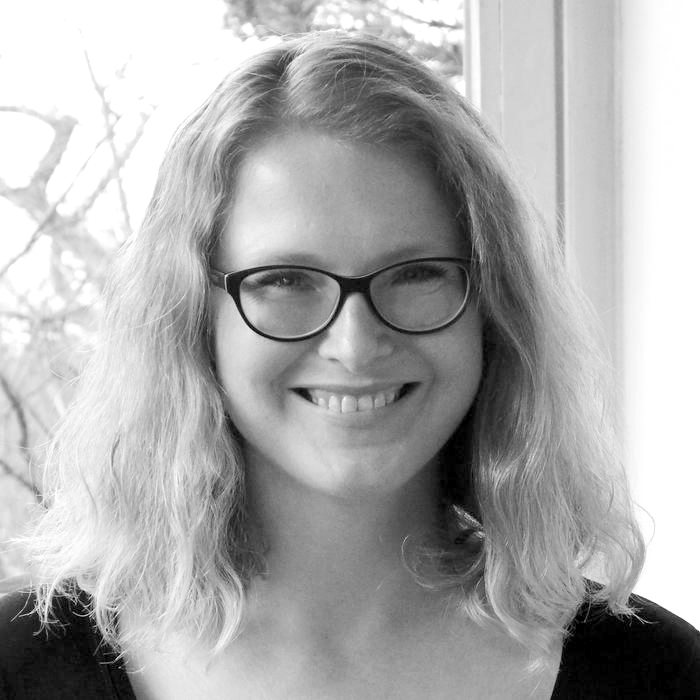
Radka Kunderová
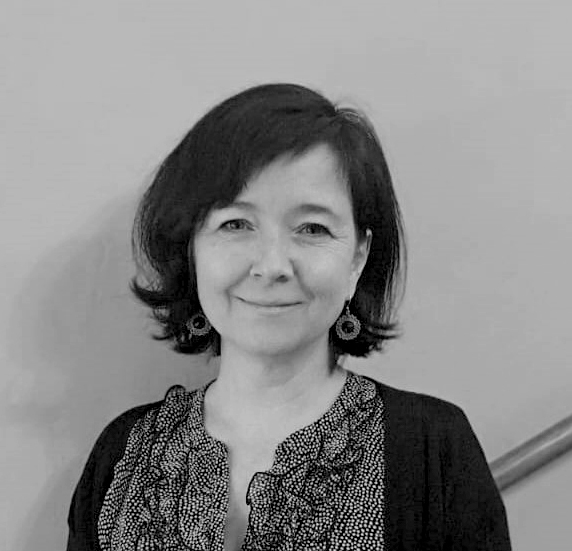
Michaela Mojžišová (SK)

Christian Neuhuber (AT)
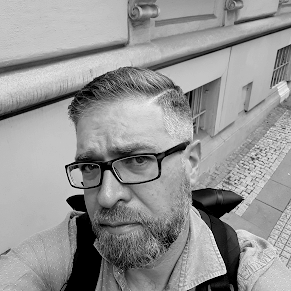
Václav Petrbok
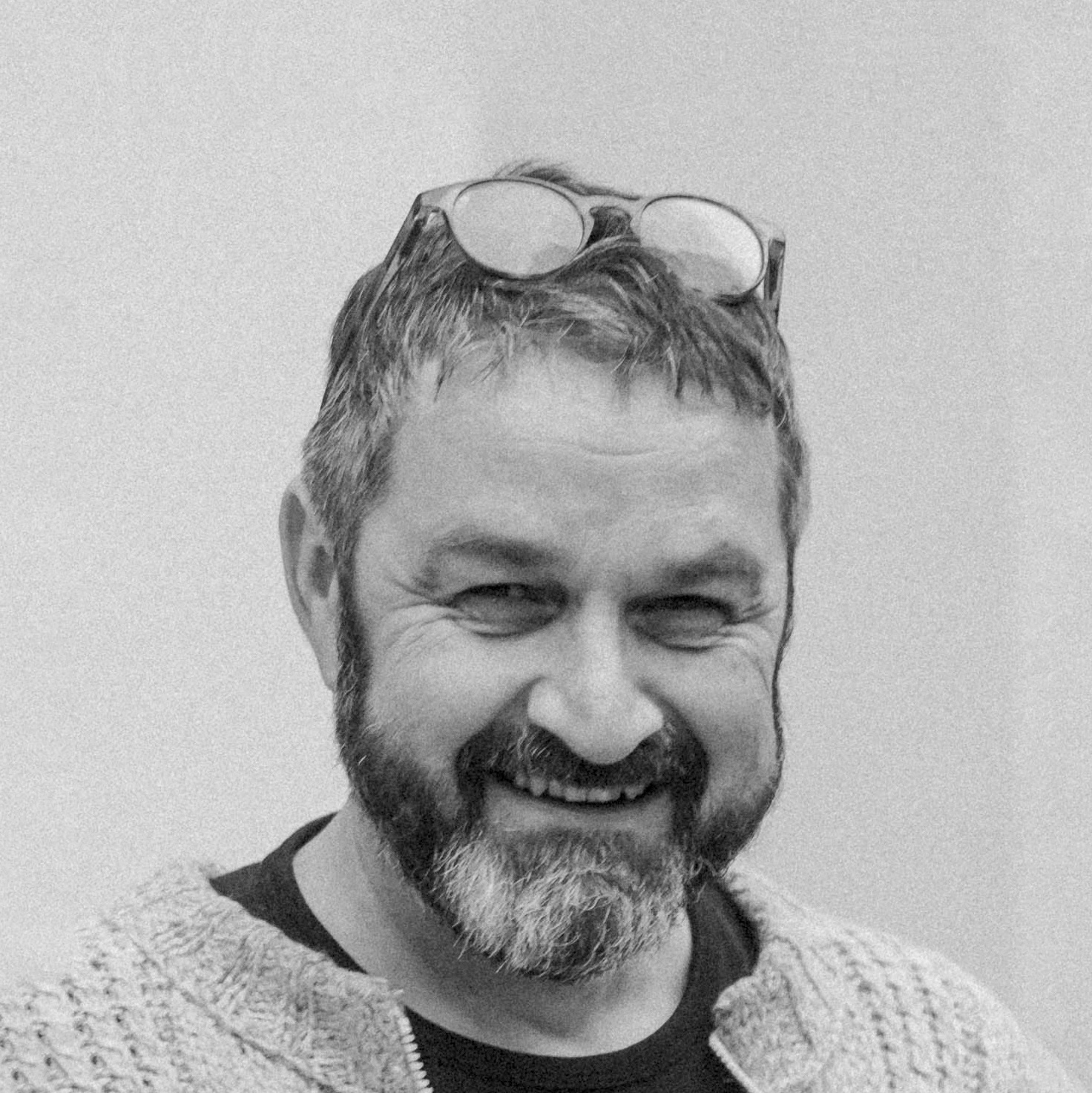
Ondřej Svoboda
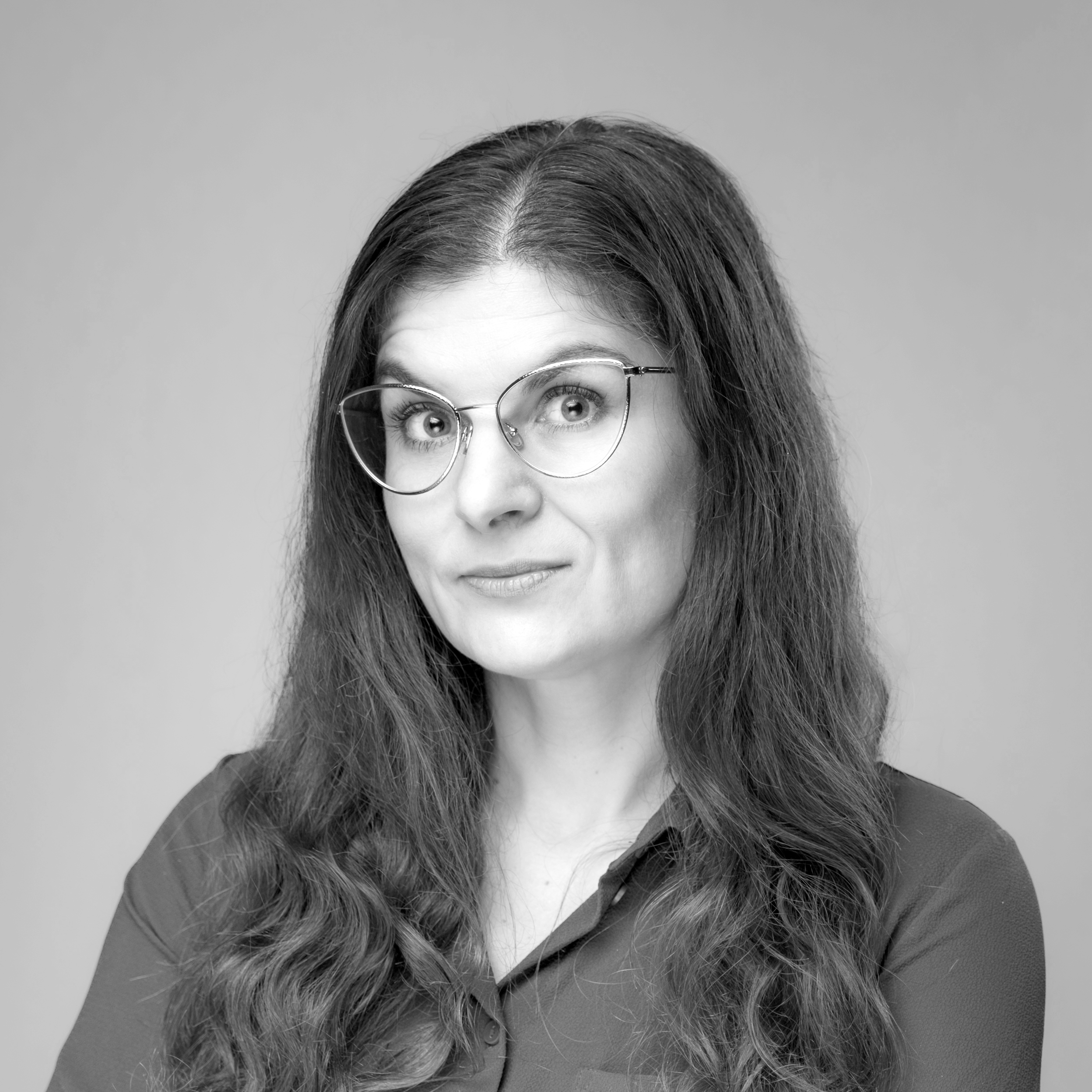
Jitka Šotkovská

Michal Zahálka
ISSN 0862-5409 (printed version)
ISSN 3029-5939 (online)
Registration number of the MK ČR E 5162
©2025 Divadelní revue
Czech Cultural Institute
Celetná 17 / 110 Prague 1